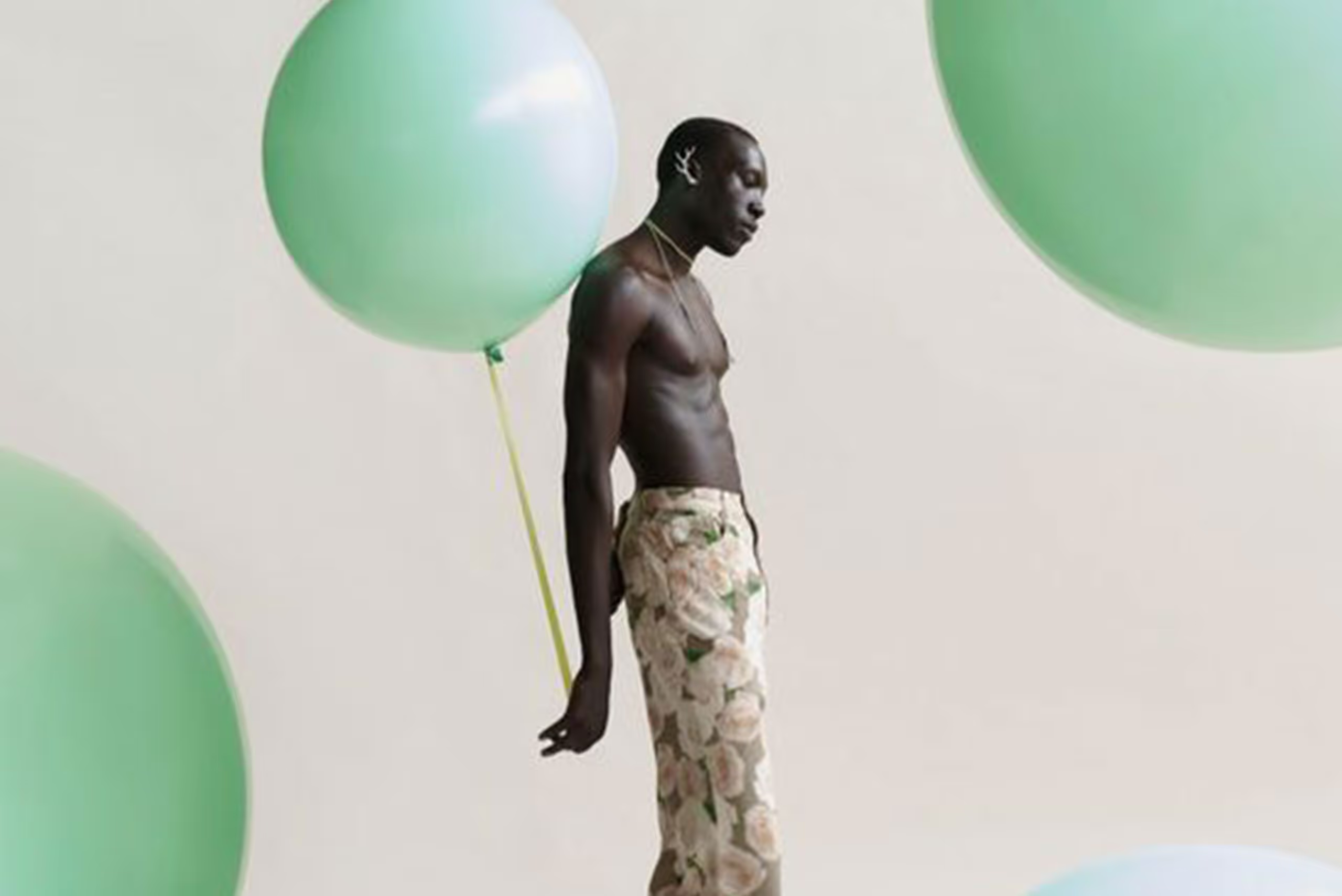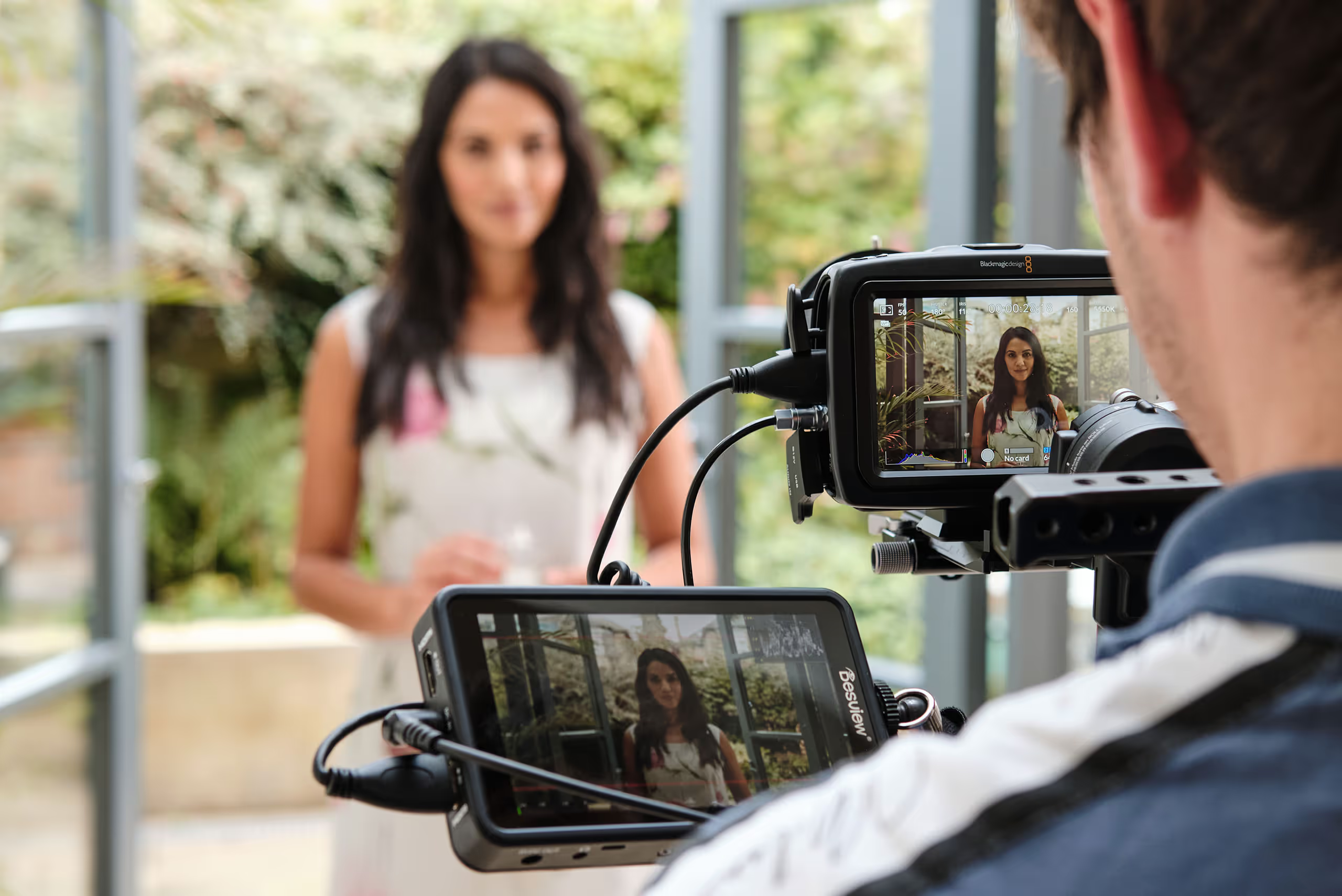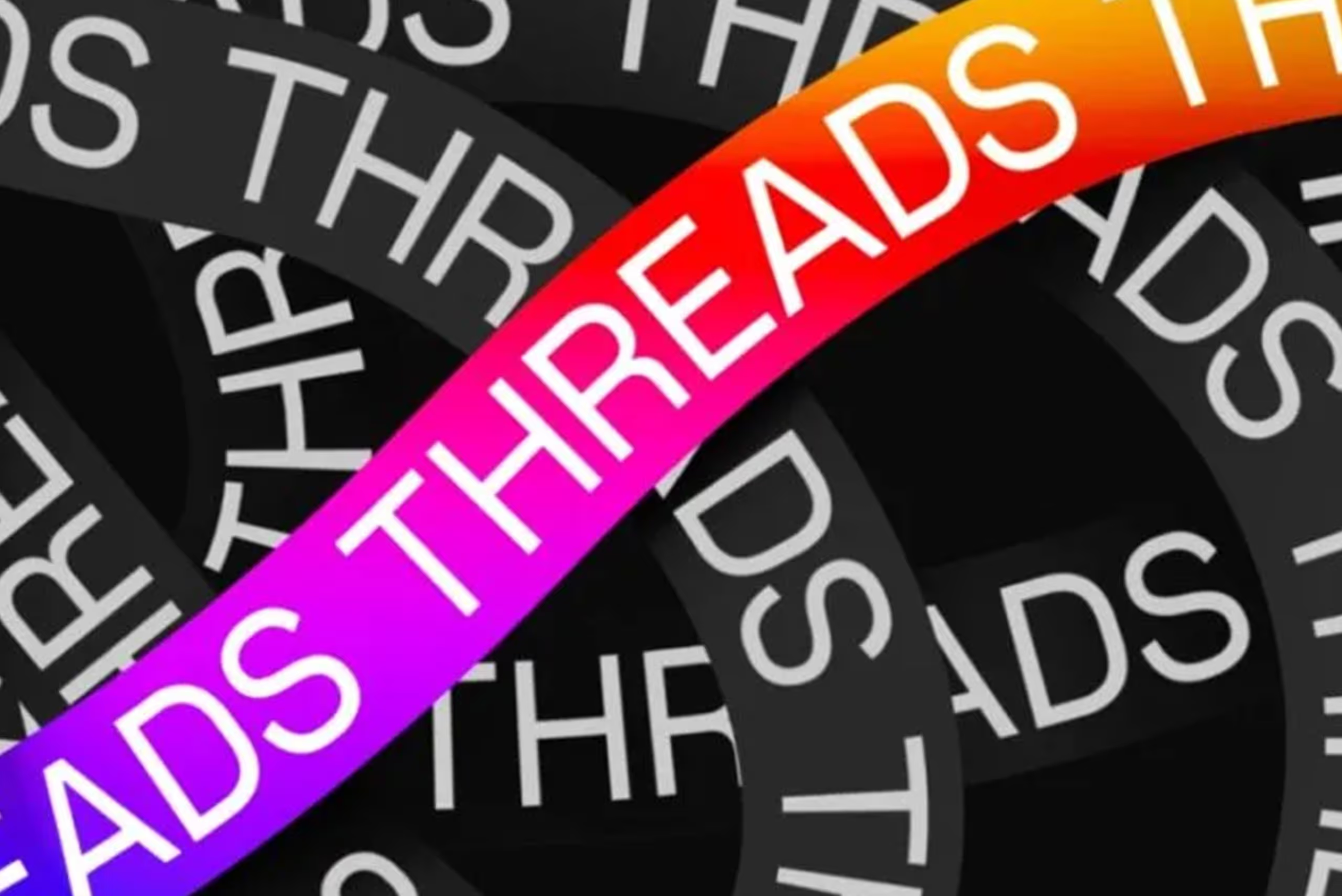Driving Success in the Luxury Industry: 15 Key Digital Marketing Statistics
TL;DR: This article covers the 15 digital marketing statistics every luxury brand should track monthly, including MER and CAC as your north star metrics for blended paid and organic efficiency, cohort LTV across 90, 180, and 365-day windows to size acquisition spend, brand vs non-brand revenue and impression share in Search, PDP conversion and add-to-cart rates with and without editorial video, page speed (LCP) and image weight on product and listing pages, non-follower reach and saves-per-reach as quality signals on Reels and TikTok, creator and UGC contribution to reach and revenue, email repeat revenue share and post-purchase engagement, CAPI event match quality and deduplication rate on Meta, content suitability coverage and frequency across Meta and YouTube, Advantage+ and PMAX share of spend versus performance, geo and boutique appointment rates and local conversion, returns rate versus pre-purchase content exposure, branded search lift during major social flights, and AOV and margin by acquisition source.

Luxury isn’t won with gimmicks, it’s built on craft, consistency, and clear signals. The best-performing houses don’t just make great content; they measure what actually compounds value. These are the 15 statistics we recommend every premium brand tracks and reports monthly.
Problem → Teams chase vanity metrics (raw CPM, views) and miss the numbers that predict profitable growth and protect brand equity.
Solution → Shift focus to a luxury‑safe scorecard: MER and cohort LTV; brand vs non‑brand intent; reach quality, not just quantity; and conversion that reflects service and longevity. Use this list to standardise dashboards, plug in today’s figures, and add a credible source for each.
1) Blended MER (Marketing Efficiency Ratio) & channel‑level CAC
Your north star for paid/organic together. MER shows total revenue ÷ total media spend; CAC shows cost to acquire a first‑time customer. Track both monthly and by key moments (launches, gifting).
2) Cohort LTV (90/180/365) and Time‑to‑Repeat
Luxury thrives on loyalty. Monitor LTV by acquisition cohort and the median days to second purchase. Use this to size how much you can pay to acquire in season without eroding margins.
3) Brand vs Non‑Brand revenue and impression share (Search)
Measure revenue split and impression share on critical brand terms. Healthy brand coverage protects equity; curated non‑brand tells you how well you’re harvesting category intent.
4) PDP conversion rate & add‑to‑cart rate (with video vs without)
Track PDP CVR and ATC for pages with editorial video vs static only. Luxury purchase journeys benefit from calm, proof‑rich media that answers the next question.
5) Page speed (LCP) and image weight on PDP/PLP
Monitor Largest Contentful Paint and total image weight. Faster, clean pages help premium imagery load without sacrificing experience.
6) Non‑follower reach & saves‑per‑reach (Reels/TikTok)
Quality reach beats raw views. Non‑follower reach and saves‑per‑reach predict future follower growth and paid efficiency.
7) Creator/UGC contribution to reach and revenue
Attribute reach and revenue influenced by creator collaborations. Look at Collab posts’ non‑follower reach and whitelisted ad ROAS vs brand‑only cuts.
8) Email repeat revenue share & post‑purchase engagement
Measure revenue from lifecycle email and the engagement on post‑purchase care sequences (guides, refills, appointments). Stewardship reduces regret and raises LTV.
9) CAPI event match quality & deduplication rate (Meta)
Clean server‑side signals lower auction uncertainty. Watch Event Match Quality and the % of events deduped; correlate to CPM/CAC movements.
10) Content suitability coverage & frequency (Meta/YouTube)
Track how often you run in ‘brand‑safe rooms’ and keep weekly frequency civil. Judge CPM in context, suitability can raise CPM while improving downstream efficiency.
11) Advantage+/PMAX share of spend vs performance
Record the % of spend through Advantage+ or Performance Max and the incremental effect versus standard campaigns. Automation scales inputs; ensure feeds and assets are premium before shifting share.
12) Geo/boutique impact: appointment rate & local conversion
For brands with stores, track appointment bookings, boutique page visits and local conversion lift around events or pop‑ups.
13) Returns & exchanges rate vs pre‑purchase content exposure
Compare return rates for customers exposed to care/fit content vs those who weren’t. Good stewardship content reduces returns and increases satisfaction. Funnel Guide.
14) Branded search lift & direct traffic during major social flights
When creative lands, brand search and direct traffic rise. Track lift during campaigns to prove that tasteful awareness turns into intent.
15) AOV and margin by acquisition source
Not all channels acquire the same customers. Track AOV and margin by source to prioritise acquisition that preserves profitability and brand codes.
Pros & cons of a stats‑led luxury dashboard
Pros. Aligns teams on outcomes that matter; improves budget decisions; protects long‑term equity while scaling efficiently.
Cons. Numbers lag; methods differ across platforms; over‑optimising to a single KPI can hurt the rest, review as a balanced set.
FAQs
Do we need exact benchmarks for each stat?
Use internal baselines first, then layer external benchmarks by category/price tier. Luxury verticals vary widely; the trend line matters as much as the absolute.
How often should we report?
Monthly at minimum, with weekly checks on lead indicators (reach quality, CAC, PDP speed). Add a quarterly review for cohort LTV and incrementality.
What if MER dips when we improve suitability?
Judge by downstream outcomes, AOV, return rate, repeat rate and brand search lift. Paying more for the right rooms can still improve profit.
Which stat usually moves fastest after creative changes?
Non‑follower reach, saves‑per‑reach and add‑to‑cart rate typically respond within days; cohort LTV takes months.
How do we keep the dashboard simple?
One screen: the 15 stats, colour‑coded vs last period and target. Drill into channel sheets only when something diverges.
Conclusion
Track these 15 statistics and you’ll see the full picture: intent, proof, service and loyalty working together. When creative, distribution and product quality align, and your measurement respects that, the numbers compound with dignity.

.avif)



